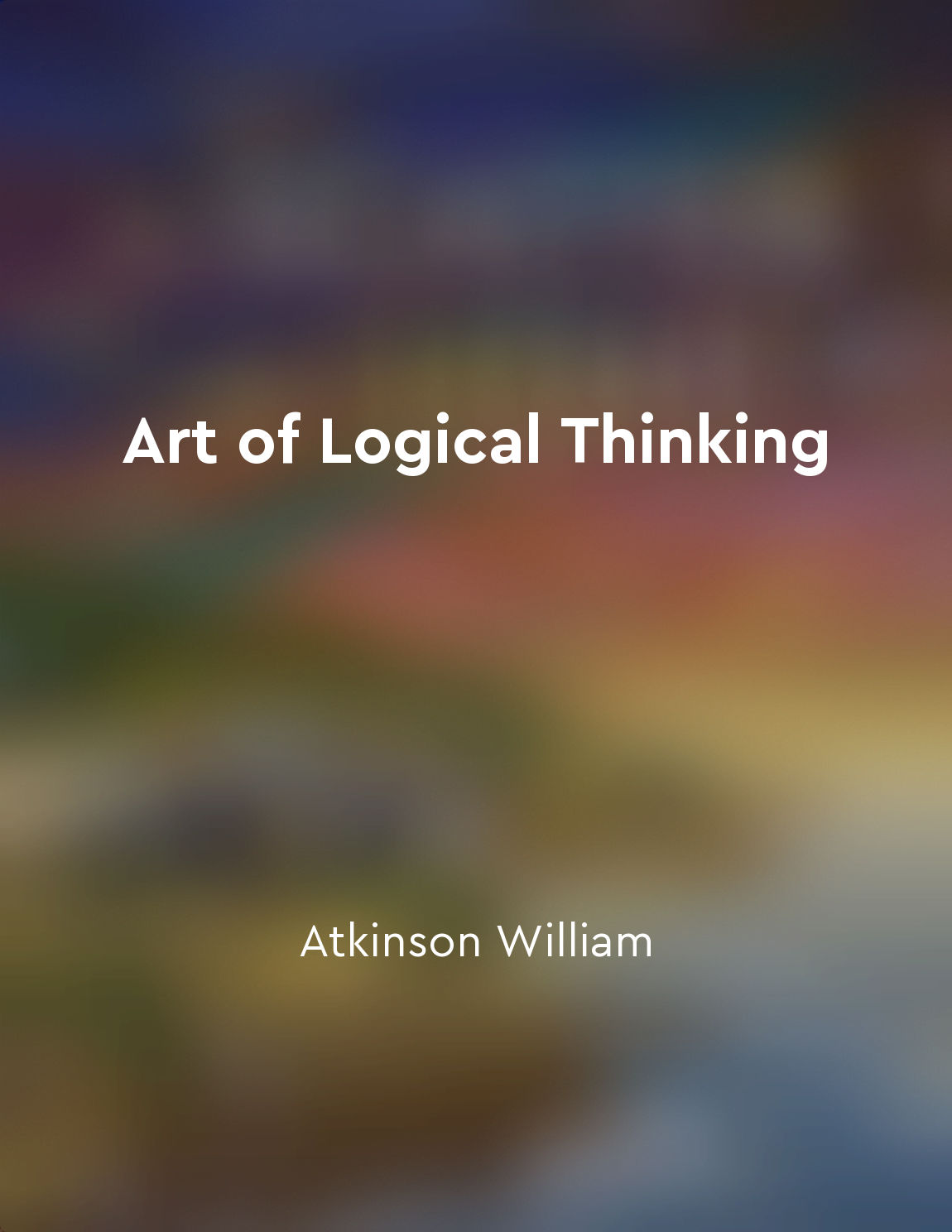Audio available in app
Mental shortcuts: simplify decisionmaking from "summary" of Gatilhos mentais by Gustavo Ferreira
One of the most powerful tools our brain uses to make decisions is the concept of mental shortcuts. These shortcuts allow us to simplify the decision-making process by quickly assessing information and coming to a conclusion without having to analyze every single detail. By relying on mental shortcuts, we are able to make decisions faster and more efficiently, which can be extremely helpful in today's fast-paced world. These shortcuts are essentially cognitive biases that our brain uses to streamline the decision-making process. One common mental shortcut is the availability heuristic, which involves making decisions based on information that is readily available to us. For example, if we hear about a plane crash on the news, we may become more fearful of flying even though statistically, flying is one of the safest modes of transportation. Another mental shortcut is the anchoring bias, which involves relying too heavily on the first piece of information we receive when making decisions. This can lead us to make decisions that are not necessarily based on all the available facts. By understanding these mental shortcuts and being aware of how they can influence our decision-making process, we can learn to overcome them and make more informed choices. It is important to remember that while mental shortcuts can be helpful in simplifying decision-making, they can also lead us astray if we are not careful.Similar Posts

Logic is the foundation of critical thinking
Logic plays a crucial role in the development and application of critical thinking skills. It serves as the foundation upon whi...
Cognitive dissonance causes us to rationalize our choices
When we find ourselves faced with conflicting beliefs or behaviors, a psychological phenomenon known as cognitive dissonance ki...

We are swayed by the power of storytelling
Stories have a profound impact on our beliefs, decisions, and actions. They have the power to shape our perceptions and influen...

Diversification is important to reduce risk and maximize returns in investments
Diversification is like a magic trick in the world of investing. It's the concept of not putting all your eggs in one basket, s...
Reciprocity is a powerful tool in building relationships in both personal and professional settings
Reciprocity plays a fundamental role in establishing and nurturing relationships, whether in personal or professional environme...

Lack of exposure to differing viewpoints stifles understanding
The idea that lack of exposure to differing viewpoints stifles understanding is a crucial one in today's society. When individu...
Understanding finance is essential for personal and professional success
Finance is not just a subject for bankers and accountants. It is a fundamental part of our everyday lives, shaping decisions ab...
Students learn best when content is relevant to their lives
The idea that students learn best when content is relevant to their lives is supported by cognitive science research. When peop...
Technology's influence on cognition is vast
The impact of technology on our cognitive abilities is profound and far-reaching. Our brains are constantly adapting to the eve...

Embrace uncertainty as a part of life
Life is full of uncertainties. We cannot predict every outcome or control every situation that comes our way. It is natural to ...
